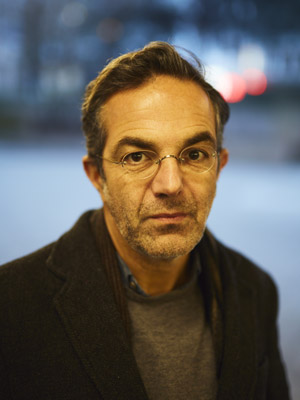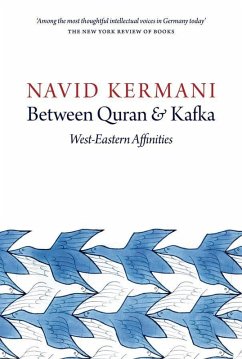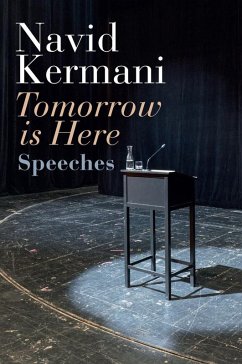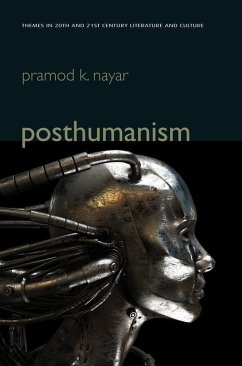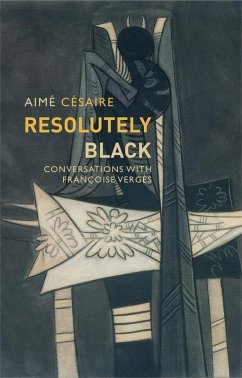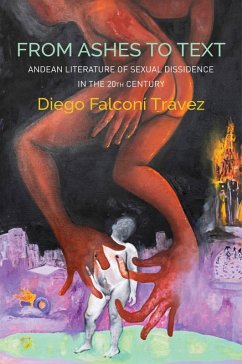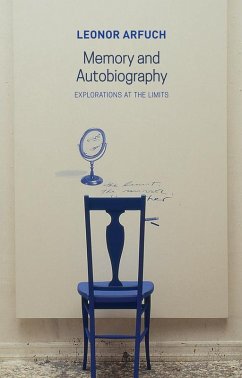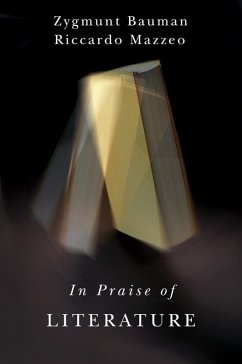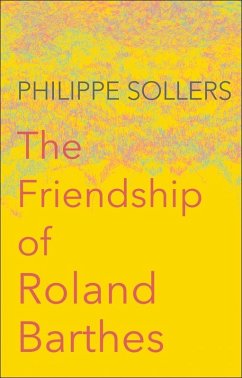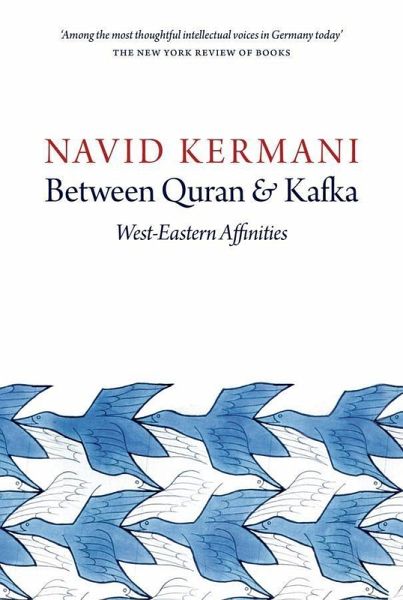
Between Quran and Kafka (eBook, ePUB)
West-Eastern Affinities
Versandkostenfrei!
Sofort per Download lieferbar
19,99 €
inkl. MwSt.
Weitere Ausgaben:

PAYBACK Punkte
0 °P sammeln!
What connects Shiite passion plays with Brecht's drama? Which of Goethe's poems were inspired by the Quran? How can Ibn Arabi's theology of sighs explain the plays of Heinrich von Kleist? And why did the Persian author Sadeq Hedayat identify with the Prague Jew Franz Kafka? 'One who knows himself and others will here too understand: Orient and Occident are no longer separable': in this new book, the critically acclaimed author and scholar Navid Kermani takes Goethe at his word. He reads the Quran as a poetic text, opens Eastern literature to Western readers, unveils the mystical dimension in t...
What connects Shiite passion plays with Brecht's drama? Which of Goethe's poems were inspired by the Quran? How can Ibn Arabi's theology of sighs explain the plays of Heinrich von Kleist? And why did the Persian author Sadeq Hedayat identify with the Prague Jew Franz Kafka? 'One who knows himself and others will here too understand: Orient and Occident are no longer separable': in this new book, the critically acclaimed author and scholar Navid Kermani takes Goethe at his word. He reads the Quran as a poetic text, opens Eastern literature to Western readers, unveils the mystical dimension in the works of Goethe and Kleist, and deciphers the political implications of theatre, from Shakespeare to Lessing to Brecht. Drawing striking comparisons between diverse literary traditions and cultures, Kermani argues for a literary cosmopolitanism that is opposed to all those who would play religions and cultures against one another, isolating them from one another by force. Between Quran and Kafka concludes with Kermani's speech on receiving Germany's highest literary prize, an impassioned plea for greater fraternity in the face of the tyranny and terrorism of Islamic State. Kermani's personal assimilation of the classics gives his work that topical urgency that distinguishes universal literature when it speaks to our most intimate feelings. For, of course, love too lies 'between Quran and Kafka'.
Dieser Download kann aus rechtlichen Gründen nur mit Rechnungsadresse in D ausgeliefert werden.




